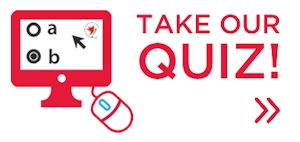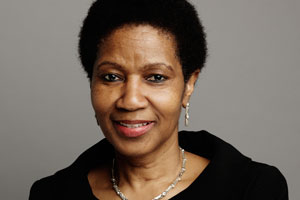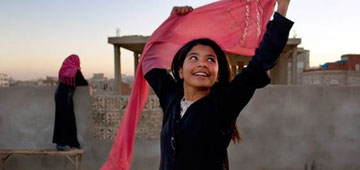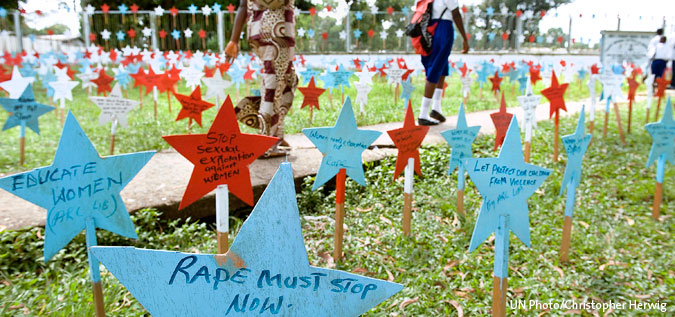
This month we focus on the social, health and economic costs of violence against women and the efforts in legislation and advocacy to prevent this pandemic that affects one-in-three women worldwide. Violence against women and girls, a human rights violation, continues to hamper women’s equality, and deter development for all.
Violence against women is a human rights violation and a serious impediment to women’s progress in any area of life. It undercuts women’s health, prospects for education and productive work, and ability to participate as full members of their societies, among other consequences.
Sobering numbers show how common violence is — and how many forms it takes. Around the world, 1 in 3 women have experienced physical or sexual violence, mostly by an intimate partner. About 120 million girls have been forced into intercourse or other sexual acts at some point in their lives. In 29 countries alone, 133 million women and girls have undergone female genital mutilation.
More than 700 million women alive today were married as children. Almost all of the estimated 4.5 million victims of forced sexual exploitation are women and girls.
The 189 UN Member States who adopted the Beijing Declaration and Platform for Action took up the global call to end all forms of violence against women and girls by highlighting violence as one of their 12 critical areas of concern. They agreed on a comprehensive definition of what violence is, whether it takes place in the family or community, or is perpetrated or condoned by the State.
They recognized that violence is one of the main mechanisms denying women equality, and that it imposes high social, health and economic costs.
Since Beijing, an historic two-thirds of countries have put laws on the books to stop domestic violence. Advocacy campaigns around the world have heightened awareness and galvanized actions to stop violence. These involve committed women and girls, men and boys. Yet gaps in laws, implementation of legal protection and essential services remain. Women are still reluctant to report violence. Attitudes in some places tolerate, if not encourage, it.
The promise of Beijing was that governments, community organizations, schools, businesses and others would work tirelessly to stop violence, in whatever form it takes. Momentum has begun, but needs to rapidly accelerate. The world can be free from violence — that is women’s inherent right.
Fast facts
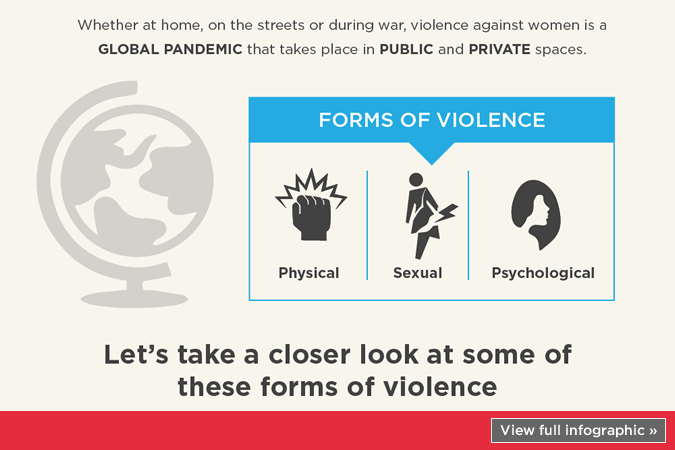
In the words of...
Executive Director of UN Women Phumzile Mlambo-Ngcuka – It's time to fulfil the promise to end violence against women
UN Women Executive Director Phumzile Mlambo-Ngcuka has devoted her life to issues of human rights, equality and social justice and previously served as Deputy President of South Africa. In this message, she stresses that violence against women can and must end by addressing its root cause – gender inequality. She calls for greater mobilization to address the pandemic on many levels, from increasing access to services for survivors of violence to engaging all segments of society to shift cultural mindsets. This includes, for instance, getting men to stand up on the issue through UN Women’s #HeForShe campaign.
UN Women Goodwill Ambassador Nicole Kidman – Play Your Part to End Violence against Women
UN Women Goodwill Ambassador and Academy Award-winner Nicole Kidman raises awareness to end violence against women. With UN Women, she has travelled to countries, highlighting the challenges and solutions on the ground to end violence against women. She has worked to amplify the voices of women survivors, advocating not only for a stop to the pandemic of violence against women, but also for support services for survivors. Here, she urges members of society to play their part in ending this scourge that affects one in three women and girls globally.
Editor's picks
Too Young To Wed
Where: Global
Organization: UNFPA
Too Young to Wed consists of 34 powerful images of girls who are married or engaged, some as young as 5. Each of the images, from Afghanistan, Ethiopia, India, Nepal and Yemen, are accompanied by a quote about the girls’ lives and fates. Too Young to Wed was launched on 11 October 2012 at the United Nations; UNFPA is the initiative’s UN partner.
Colombian “Chained Trafficking Victims” Video Goes Viral
Where: Colombia
Organization: IOM
Human trafficking – principally for the sex trade – is second only to narcotics and arms-dealing among profitable illegal activities in Colombia. In response, IOM in partnership with the Colombian Government launched an anti-trafficking campaign to raise awareness on the issue using actors and the public. [Video en espagnol]
Thailand: Domestic Violence
Where: Thailand
Organization: UN Women
Domestic violence is a part of millions of women's lives. But in Thailand, new efforts are underway to better protect women from violence at the hands of their partners by training police cadets in investigating domestic violence. Produced by UNTV for UN Women, this piece follows one young woman cadet as she gets her first close-up look at a case of abuse.
Resources
- Global and regional estimates of violence against women (WHO, 2013)
- Virtual Knowledge Centre to End Violence against Women and Girls (UN Women, 2013)
- ‘Why Do Some Men Use Violence Against Women and How Can We Prevent It? Quantitative Findings from the UN Multi-country Study on Men and Violence in Asia and the Pacific’ (UNDP, UNFPA, UN Women, UNV, 2013)
- Voices against Violence (UN Women, World Association of Girl Guides and Girl Scouts, 2013)
- Unite with Women Against Violence and HIV (UNAIDS, 2014)
- Within Our Reach: Solutions to End Violence against Women and Girls (UNTF, 2014)
- Violence against Women in Politics, A study conducted in India, Nepal and Pakistan (Centre for Social Research and UN Women, 2014)
- Zero Tolerance for Any Form of Sexual Harassment (ITC-ILO, 2014)
